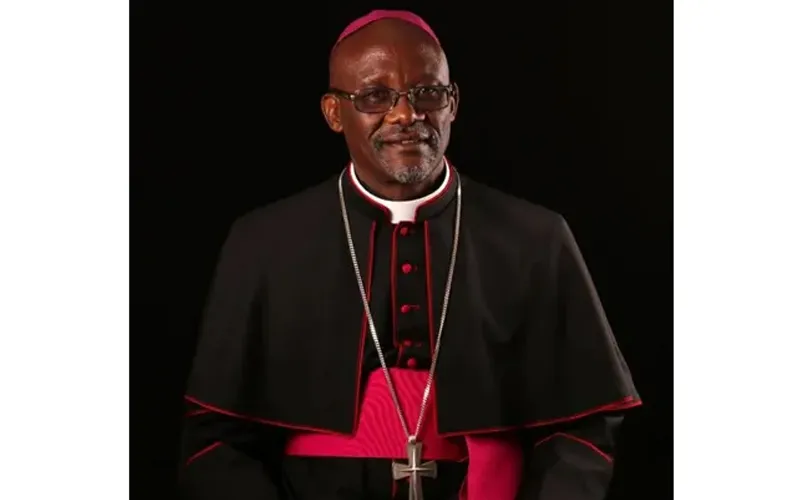Queenstown, 25 February, 2022 / 9:05 pm (ACI Africa).
The Catholic Bishop of Queenstown Diocese in South Africa, Bishop Siphiwo Paul Vanqa, has faulted the government for “not good enough” preparation of freshmen as an important factor in the recurring university students’ protests.
In the last couple of years, university students have organized protests at the beginning of the academic year over registration and outstanding fee debt issues.
On February 23, University of Free State students blocked entrances into their Bloemfontein campus while those at the QwaQwa campus violently disrupted their classes demanding that scholars continue with their studies without the prerequisite of a first payment.
The students also demanded that the university permits students with outstanding debts of up to R25,000 (US$1,647.00) and those who are awaiting funding from the National Student Financial Aid Scheme (NSFAS) register provisionally for their courses.
In a recent interview with ACI Africa, Bishop Siphiwo Paul Vanqa said the South African government has failed to adequately prepare for the students who are expected to join universities.








